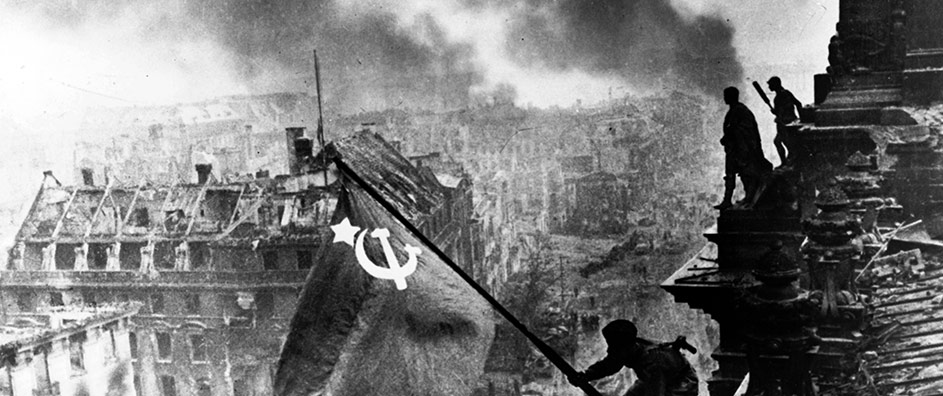In the annals of human civilization, the allure of patriotism has oftentimes been romanticized as a noble sentiment, a unifying force that engenders loyalty and pride within the hearts of individuals. However, an examination of the intricate tapestry of history reveals a counter-narrative: that overly fervent nationalism manifests as a detrimental force, inciting conflict and obliterating compassion in favor of exclusionary ideologies. This exposition delves into the pernicious role of patriotism as a primary agent of destruction, illuminating its multifaceted implications on both societal and global scales.
The genesis of patriotism can be traced to a natural human tendency towards belonging and identity. This innate inclination is often harnessed by governments and leaders to foster unity during times of perceived threats or hardship. Yet, while initially appearing as a cohesive element, when taken to extremes, patriotism transmogrifies into a vehicle for destructive behavior. The conflation of one’s national identity with moral superiority inevitably leads to an ‘us versus them’ mentality. This mindset dehumanizes those outside of one’s national boundaries, thereby paving the way for intolerance, bias, and ultimately, systemic violence.
Contextualizing patriotism within the framework of historical events can elucidate the devastating repercussions of unchecked nationalistic fervor. For instance, World War I and World War II epitomize how democratic and totalitarian regimes alike exploited patriotic zeal to galvanize masses into warfare. The fervent cry for national glory eclipsed sober deliberation, resulting in unparalleled human suffering and existential loss. Such illustrating instances starkly demonstrate that the momentum generated by patriotism can, and often does, lead to catastrophic consequences.
Moreover, it’s crucial to analyze the psychological ramifications associated with blind patriotism. The ideological rigidity fostered by extreme nationalist sentiments engenders tribalism, wherein one’s identity is exclusively defined by national allegiance. In this context, dissent is not merely viewed as an opposing viewpoint; rather, it is often perceived as treachery. Such an atmosphere stifles critical thinking and diminishes the capacity for dialogue among disparate cultural and ideological factions, further solidifying divisions within society.
Another pivotal consideration lies in the socio-economic implications of rampant nationalism. Utilitarian advantages become sidelined as governments, propelled by patriotism, prioritize militaristic expansion over social welfare initiatives. The allocation of resources towards the military-industrial complex often comes at the expense of vital public services such as education, healthcare, and poverty alleviation. As a result, the very citizens that patriotism aims to elevate find themselves grappling with socio-economic inequities exacerbated by their government’s choices, all in the name of national pride.
To expand upon these themes, we must engage with the moral philosophy underpinning patriotic ideology. Ethical considerations call into question the rectitude of actions dictated by such fervent loyalty to the nation. In pursuing what is deemed ‘national interest,’ fundamental human rights are frequently overlooked. The plight of refugees and marginalized populations starkly illustrates this moral conundrum. Individuals fleeing oppressive regimes often encounter resistance from nations that prioritize sovereign interests over humanitarian obligations, reinforcing the notion of patriotism as a blight rather than a boon to human flourishing.
A further dimension of the critique of patriotism includes its role in perpetuating conflict on a global scale. The inter-state aggression incited by nationalist zeal manifests through militaristic posturing and territorial disputes, likened to a dangerous game of chess where the stakes are human lives. The propensity for leaders to resort to militarism as a means of asserting sovereignty is exacerbated by public endorsement gleaned from patriotic rhetoric. This dynamic breeds an environment ripe for international discord, where diplomacy falters and dialogue collapses under the weight of jingoism.
In response to this urgent dilemma, it is imperative to advocate for a reorientation away from parochial patriotism towards a more inclusive global citizenship. Cultivating a sense of belonging that transcends national borders can facilitate constructive dialogue and foster mutual understanding. The challenge lies in cultivating empathy and open-mindedness, essential qualities that cultivate peace in an increasingly interconnected world. Global cooperative efforts, educational initiatives, and diplomatic endeavors should be emphasized over vitreous nationalistic pursuits, laying the groundwork for a more harmonious coexistence.
Additionally, the role of education cannot be overstated in this transformative endeavor. By fostering critical thought and instilling values of shared humanity in future generations, societies can mitigate the allure of extreme nationalism. An educational paradigm that emphasizes global history, interdependence, and the shared aspirations of humanhood can dismantle the divisive structures that patriotism often erects, engendering citizens who prioritize compassion over enmity.
In conclusion, while the sentiment of patriotism may stem from a commendable impulse to foster community and loyalty, history demonstrates that its darker manifestations have wrought calamities of significant proportions. By scrutinizing its historical, psychological, and socio-economic dimensions, it becomes evident that patriotism, when unchecked, poses a substantial threat to global harmony. A conscious shift towards fostering a more inclusive global identity, underscored by empathy, education, and cooperation, is essential for transcending the tumultuous legacy of nationalist fervor, paving the path toward a future characterized by unity rather than division.
